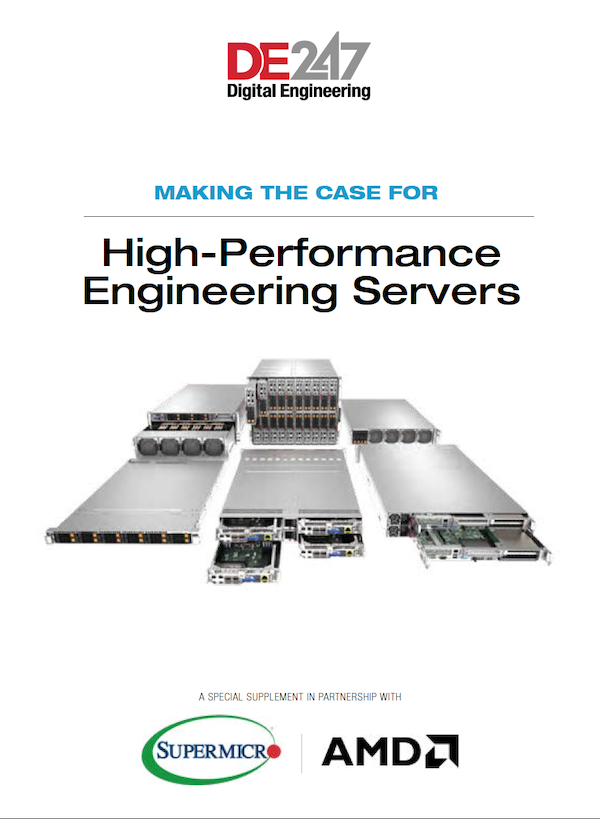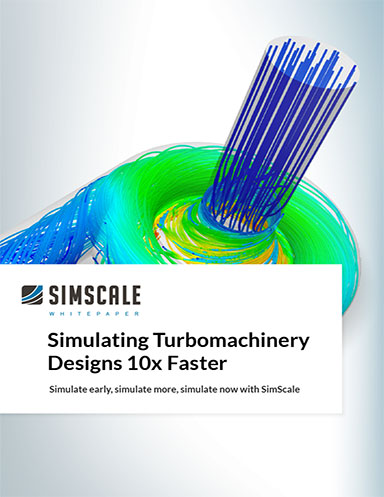Penguin Computing’s TrueHPC Platform to Enable Innovations in Science and Technology
Penguin Computing awarded $68M to provide high-performance computing capabilities to Department of Defense.

Penguin Computing’s TrueHPC supercomputing platform. Image courtesy of Penguin Computing.
Latest in High–performance Computing HPC
High–performance Computing HPC Resources


Latest News
September 14, 2021
Penguin Computing, a division of SMART Global Holdings, Inc. and company in high-performance computing (HPC) and artificial intelligence (AI), announced that it has been awarded two contracts totaling $68M from the Department of Defense High-Performance Computing Modernization Program (DoD HPCMP) to deliver Penguin Computing’s TrueHPC supercomputing platform, plus managed services and high-performance storage, to the Navy DSRC and AFRL DSRC sites.
Penguin Computing’s TrueHPC platforms will provide high-performance computing capability for users from all services and agencies of the Department of Defense (DoD). The balanced HPC systems and software significantly enhance the DoD's ability to tackle demanding and computationally challenging problems in fluid dynamics, chemistry and materials science, electromagnetics and acoustics, climate/weather/ocean modeling and simulation, among other applications. Penguin Computing’s managed services team will bring additional capability to the DoD in emerging technologies, while also enabling DoD teams to focus on their research.
Equipped with the latest generation memory and processing technologies, these complete and highly dense HPC resources will be powerful supercomputers in the DoD HPCMP’s resources, providing a combined total of over 365,000 cores, more than 775 TB of memory, and a total of 47 PB of high-performance storage including over 5 PB of high-performance Flash storage. Combined, these two systems provide a peak performance of over 17.6 petaFLOPs.
“By implementing Penguin’s TrueHPC solution, the DoD HPCMP user community will be able to conduct advanced research for the highly complex problems the user community is tasked with solving,” says Sid Mair, president of Penguin Computing. “Through our work with NVIDIA and AMD, we’re able to provide the Department of Defense with significantly higher density and operational efficiencies, which equates to exceptional value when you’re using very large scale systems that have extremely high power requirements.”
Penguin Computing’s TrueHPC platforms will be installed at two out of the four HPCMP’s DoD Supercomputing Resource Centers (DSRCs):
The Navy DSRC at Stennis Space Center in Mississippi will receive a Penguin Computing TrueHPC platform with 176,128 compute cores from 3rd Gen AMD EPYC processors and 144 NVIDIA A100 Graphics Processing Units (GPUs). The system is interconnected by an NVIDIA HDR 200Gb/s InfiniBand network and supported by more than 26 PB of Data Direct Networks storage, including over 4 PB of high-speed NVMe-based solid-state storage and 370 TB of system memory, and will provide 8.5 petaFLOPs of peak performance.
The Air Force Research Lab’s DSRC at Wright-Patterson Air Force Base in Dayton, OH, will receive a Penguin Computing TrueHPC platform with 189,440 compute cores from 3rd Gen AMD EPYC processors and 152 NVIDIA A100 GPGPUs. This system is interconnected by an NVIDIA HDR 200Gb/s InfiniBand network and supported by more than 20 PB of Data Direct Networks storage, including over a PB of high-speed NVMe-based solid-state storage and 405 TB of system memory, and will provide nine petaFLOPs of peak performance.
“Increasingly complex problems being tackled by innovative HPC systems, such as Penguin Computing’s TrueHPC, demand unprecedented acceleration and smarter networks to drive performance at any scale,” says Gilad Shainer, senior vice president of networking at NVIDIA. “NVIDIA's accelerated computing platform supports the broadest range of supercomputing workloads, powered by the innovation of NVIDIA A100 Tensor Core GPUs and the unparalleled throughput of NVIDIA HDR InfiniBand, the world's only fully off-loadable, in-network computing platform.”
“We are pleased to continue our longstanding technology partnership with Penguin Computing to push the boundaries of HPC and supercomputing,” said Forrest Norrod, senior vice president and general manager, Data Center and Embedded Solutions Business Group at AMD. “The combination of our powerful 3rd Gen AMD EPYC processors and Penguin’s Tundra platform will help the Modernization Office’s user community to solve complex problems to achieve their goal of addressing the Department of Defense’s biggest challenges.”
The Penguin Computing TrueHPC systems are scheduled to enter production service early in 2022.
For more information, visit the website at: https://www.hpc.mil.
Sources: Press materials received from the company and additional information gleaned from the company’s website.
More Penguin Computing Coverage
Subscribe to our FREE magazine, FREE email newsletters or both!
Latest News
About the Author
DE’s editors contribute news and new product announcements to Digital Engineering.
Press releases may be sent to them via DE-Editors@digitaleng.news.




